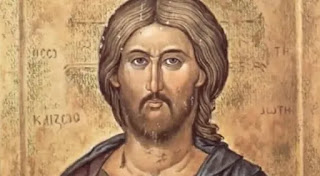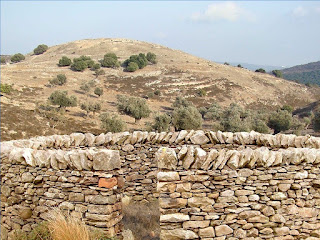Mark 14:62 And Jesus said, “I am, and you will see the Son of Man seated at the right hand of Power, and coming with the clouds of heaven.”
1 John 5:20 And Jesus said, “I am, and you will see the Son of Man seated at the right hand of Power, and coming with the clouds of heaven.”
There two very similar yet quite different titles applied to Jesus in the gospels; namely, Son of God and Son of Man. These phrases are used for Jesus Christ and refers to His humanity and deity. The message of scripture was that Jesus Christ was both God and man.
The notion of sonship can teach us a lot about Jesus. In Matthew 3:17 we read, “And a voice from Heaven said, ‘This is my dearly loved Son, who brings me great joy.’”
In Judaism, the firstborn son is viewed as significant in “the redemption of the first-born son.” This is a commandment in Jewish culture where the firstborn son is “redeemed” and predestined to serve as a priest. The firstborn son was also given a double portion of the inheritance. Sons were viewed in this time as being chosen, prepared with purpose, and to carry on the vision of the father. This helps shape the significance of Jesus being called the Son of Man and forms a fundamental tenet of christian doctrine as seen in the Nicene Creed - For us and for our salvation he came down from heaven, was incarnate of the Holy Spirit and the Virgin Mary and became truly human.
Jesus would often refer to himself as the Son of Man, in fact there are 69 occasions when he uses this phrase to describe himself. The title goes back to the Book of Daniel where the Son of Man would inherit the everlasting kingdom of God. It is a designation of the Messiah. At His trial Jesus acknowledged that He indeed was the Son of Man - the one who would bring in God's everlasting kingdom. When the religious leaders heard this they accused Him of blasphemy - making Himself equal with God. The purpose of the title seems to be Jesus' own emphasis on His humanity.
Where as the title Son of God, refers to the divinity of Jesus Christ. Of note, all followers of Jesus Christ are designated sons of God, but Jesus is spoken of as the Son of God.
Rowan Williams can help us understand the nature of the Son of God. “We call Jesus the Son of God. But we do not mean by this that God has physically begotten him, or that he is made to be another God alongside the one God. We say rather that the one God is first the source of everything, the life from which everything flows out.
Then we say that the one God is also in that flowing-out. The life that comes from him is not something different from him. It reflects all that he is. It shows his glory and beauty and communicates them. Once again, our teachers say that God has a perfect and eternal 'image' of his glory, sometimes called his wisdom, sometimes called his 'word', sometimes called his 'son', though this is never to be understood in a physical and literal way. And we say that the one God, who is both source and outward-flowing life, who is both 'Father' and 'Son', is also active as the power that draws everything back to God, leading and guiding human beings towards the wisdom and goodness of God. This is the power we call 'Holy Spirit'.
Come, thou long expected Jesus,
born to set thy people free;
from our fears and sins release us,
let us find our rest in thee.
Israel's strength and consolation,
hope of all the earth thou art;
dear desire of every nation,
joy of every longing heart.
Born thy people to deliver,
born a child and yet a King,
born to reign in us forever,
now thy gracious kingdom bring.
By thine own eternal spirit
rule in all our hearts alone;
by thine all sufficient merit,
Raise us to thy glorious throne.
Charles Wesley







